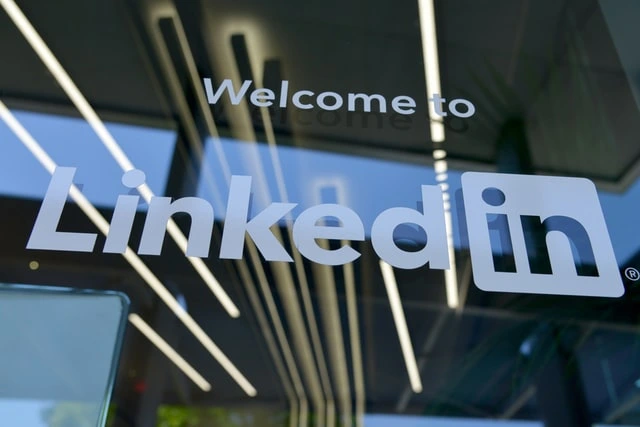LinkedIn Paying $1.8 million in Gender Pay Discrimination Case

As part of a settlement in a gender-based pay discrimination case, LinkedIn is set to pay $1.8 million in back wages to approximately 700 female employees.
The U.S. Labor Department investigators had made a pay discrimination complaint against LinkedIn, the career-networking platform, after a routine compliance evaluation found that from March 2015 to March 2017, LinkedIn failed to comply with equal pay law. The employer had been underpaying about 700 female workers in its San Francisco and Sunnyvale, California offices. The affected women were being paid less than men in comparable job roles in its Engineering, Product, and Marketing Departments.
Though LinkedIn has agreed to settle, the company denies the government’s claims of pay discrimination and insists that their models didn’t identify pay disparities, stating that LinkedIn has paid employees fairly and equitably. LinkedIn officials quote a pay study conducted in 2021 that found female employees earning $.99 for every $1 earned by a male employee, and that in the U.S., employees of color earned the same as White employees.
However, the Labor Department’s analysis found significant pay disparities. Federal laws ban any discriminatory pay practices especially in companies like LinkedIn that contracts with the government. As part of the settlement, LinkedIn is expected to pay $1.8 million in back pay and interest to resolve the violations.
The breakdown will be as follows:
• Sunnyvale Engineering: $719,592 in back pay plus $13,120 in interest
• Sunnyvale Product: $370,974.00 in back pay plus $13,120.00 in interest.
• San Francisco Engineering: $232,448.00 in back pay plus $13,120.00 in interest.
• San Francisco Marketing: $424,506.00 in back pay and $13,120.00 in interest.
LinkedIn also agreed to host a staff-training program to ensure compliance with non-discrimination policy and will evaluate that staff salaries are gender neutral for the next 3 years and make salary adjustments accordingly. LinkedIn will also revise its compensation policies and allow reporting to guarantee compliance with federal contract obligations. The Labor Department hopes these changes ensure LinkedIn understands its obligations as a federal contractor.
In addition to these federal laws, California has strict gender pay equity laws that requires women be paid the same as men for equal work.


